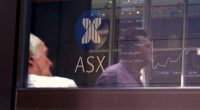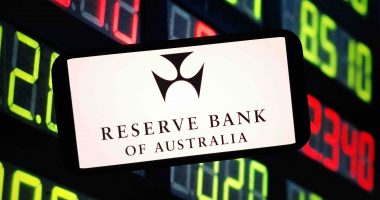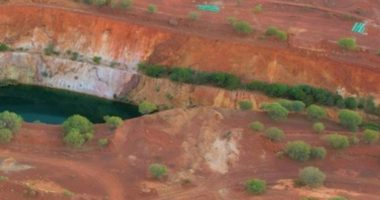The Diggers & Dealers special edition acknowledges the top-performing companies in the Deloitte WA Index that have delivered outstanding market capitalisation growth over the year.
The three companies that made the most significant strides in the Index Top 100 in terms of market capitalisation growth for the year ending June are as follows:
- WA1 Resources (WR1) – market cap surged 5251 per cent to $311.7 million;
- Meteoric Resources (MEI) – market cap up by 2220 per cent to $389.5 million;
- Azure Minerals (AZS) – increasing market cap by 950 per cent to $587.3m.
The Top Three movers in the WA Index Top 20 in terms of market capitalisation growth for the year to the end of June were:
- Liontown Resources (LTR) – market cap up by 169.5 per cent to $6.2 billion;
- Pilbara Minerals (PLS) – market cap up by 115.1 per cent to $14.7 billion;
- De Grey Mining (DEG) – market cap up by 85.1 per cent to $2.1 billion.
Despite concerns weighing on the broader commodity markets, Western Australia-based ASX-listed companies managed to close FY23 with a remarkable 21 per cent increase, reaching a combined value of $363.3 billion.
Fortescue Metals Group (FMG) regained its top ranking in the Index with a market capitalisation of $68.2 billion, leading ahead of Woodside (WDS) at $65.4 billion and Wesfarmers (WES) at $56 billion.
Together, these three companies accounted for $189.6 billion, which is more than half the value of the WA Index.
The 2023 Diggers & Dealers special edition of the Deloitte WA Index found companies linked to carbon reduction and battery-associated minerals have made steep gains.
Deloitte Western Australia Audit & Assurance Partner Dave Andrews said the Deloitte WA Index again outperformed the broader ASX All Ordinaries, with the local portfolio delivering solid returns throughout the year.
“Having navigated the challenges of COVID-19 in 2020/21, the economic upheaval stemming from targeted economic sanctions, prolonged supply chain disruptions and the impacts of rising inflation in most global economies, there’s a realisation that the only certainty for global markets is uncertainty,” he said.
“As we reflect on the past 12 months, the performance of global equity markets really highlights it has been a year of getting on with the job.
“The Index performance this year comes unphased by the broader commodity markets which did it tough.
“Pockets of optimism in uranium, gold, lead and tin were outweighed by significant price retractions across many of the commodities surveyed.”
Thermal coal and coking coal finished down 39 per cent and 42 per cent respectively, LNG fell 68 per cent, crude oil 34 per cent, and iron ore lost seven per cent. Palladium – which is heavily reliant on Russian supply – also saw a 34 per cent retraction.
On the flip side, uranium jumped 15 per cent. Gold was up five per cent, while lead and tin gained 13 per cent and three per cent respectively.
Lithium carbonate and rare earth elements prices fell, however, equity market behaviour suggested longer-term approaches to these stocks.
“It is clear that battery-based solutions are critical to the electrification of vehicles and general mobility and it’s no surprise battery technologies, EVs and lithium stocks are the talk around town,” Mr Andrews said.
“The investments in this technology, and rising uptake of EVs from consumers, is a testament to its ongoing success.”
Sustainability and future energy
The Index also includes a special report on the role of Hydrogen in WA’s future, noting that while EVs and battery technology will play an essential role in reshaping energy supply, there remains the question of whether this solution will satisfy the requirements of such a geographically diverse state as Western Australia.
With the WA Government heavily invested in developing a hydrogen sector, it includes an assessment of the progress of hydrogen-based energy and to what extent green hydrogen could become a viable and complementary solution to solving domestic challenges in heavy haulage and long-haul transport networks.
It sounded a cautionary note on the scale of the decarbonisation transition facing Western Australia to achieve the Federal Government’s target of a 43 per cent reduction in emissions by 2030 (from 2005 levels) and Net Zero by 2050.
It found WA’s decarbonisation journey required bold transformation to meet its targets.
Energy transition remains a crucial pillar in the journey and required significant capital investment from both government and private industry on an accelerated timeline. However, delivering nation-defining projects in areas such as wind, solar, pumped-hydro, battery storage, and hydrogen was not without its obstacles.
Deloitte discussed an increasingly competitive landscape with an ‘arms race’ emerging as organisations rushed to get the same materials, as well as engineering and construction services for their projects.
Other challenges involved project governance, managing scope and change, collaboration with stakeholders and communities and harnessing the transformative power of technology.






-1200x645-380x200.jpg)